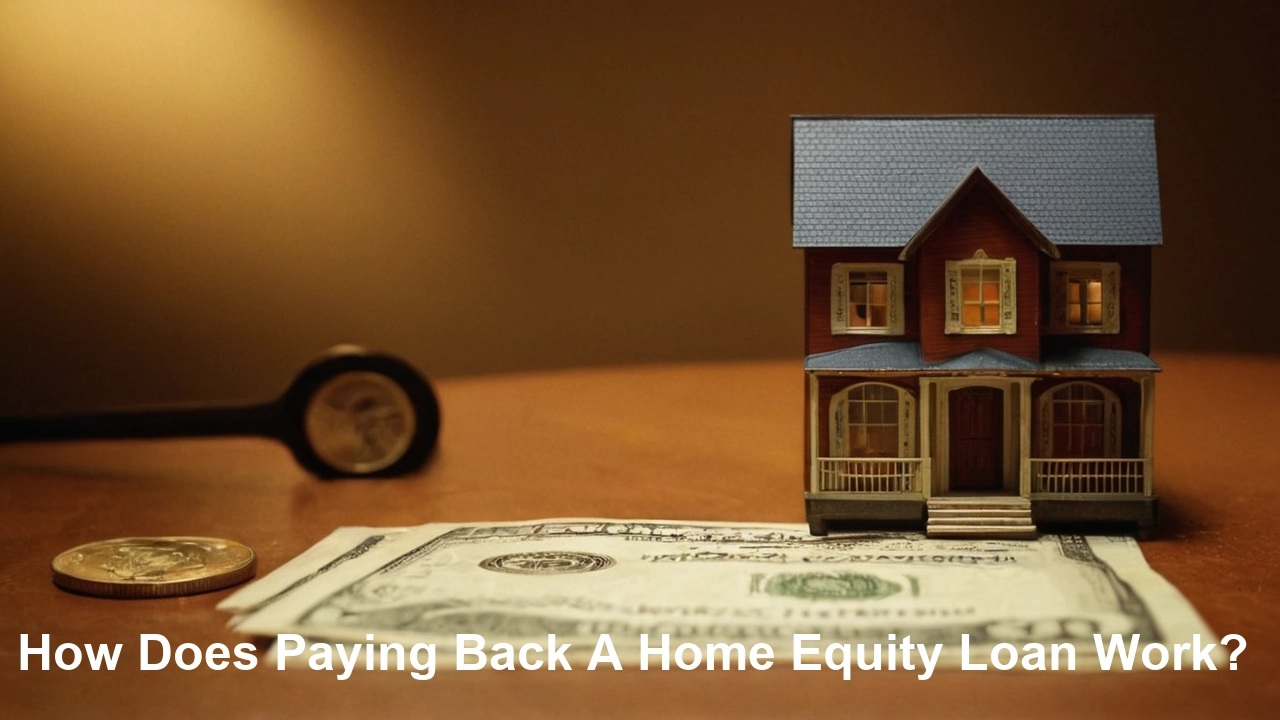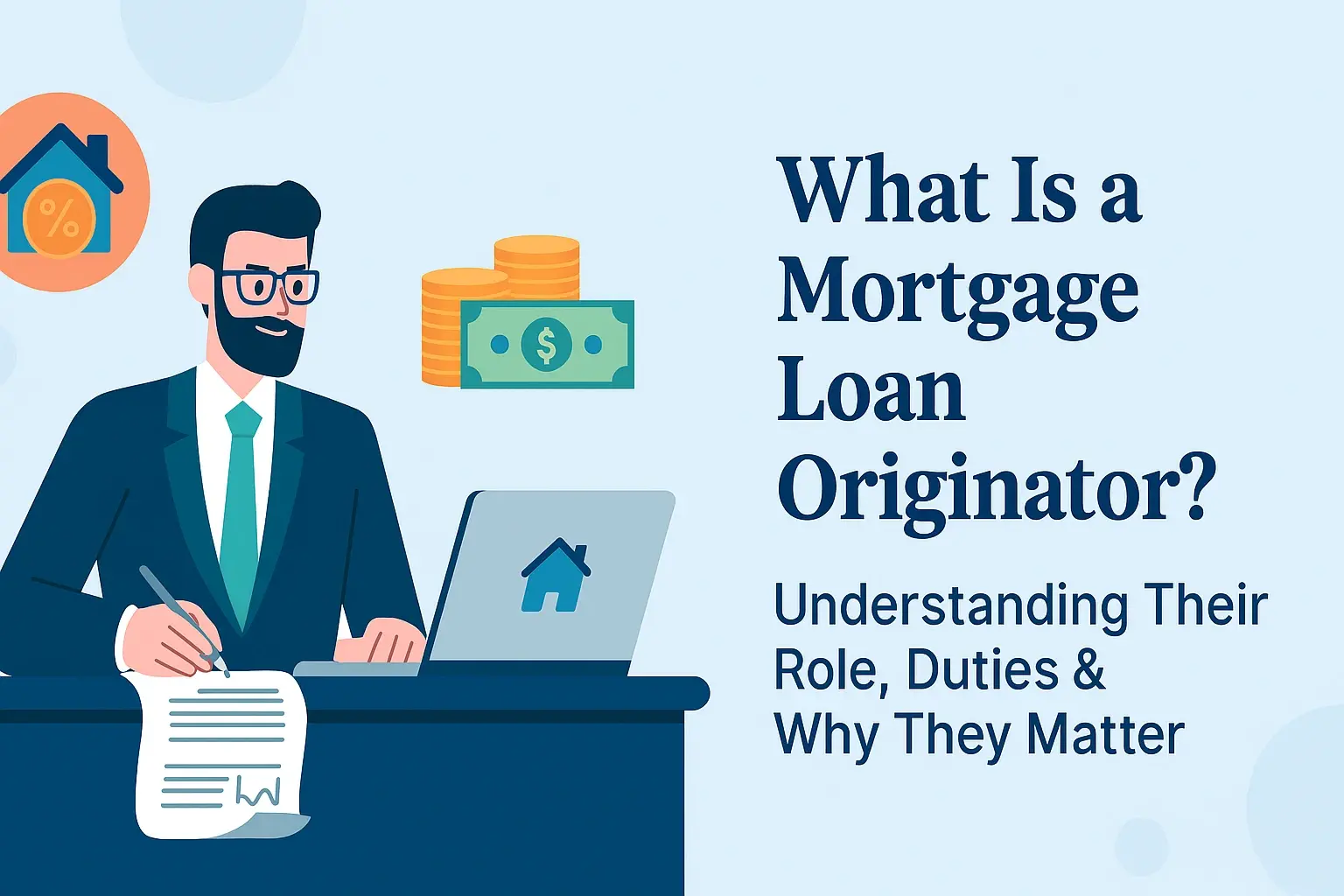-
Posted on: 23 Aug 2024

-
A home equity loan or a home equity line of credit (HELOC) can be a valuable financial tool for homeowners, allowing them to tap into the equity they've built in their homes for renovations, debt consolidation, or other significant expenses. However, understanding the repayment process is crucial to avoid financial strain and maintain a healthy financial outlook. This comprehensive guide will break down the intricacies of repaying a home equity loan, covering everything from understanding the loan structure to managing your repayment strategy.
Understanding Home Equity Loan Basics
Before diving into the repayment process, it's essential to understand the fundamental characteristics of a home equity loan. These loans differ from HELOCs in several key aspects.
Home Equity Loan vs. HELOC
- Home Equity Loan: This is a fixed-sum loan with a fixed interest rate and a set repayment term. You receive the entire loan amount upfront and make predictable monthly payments.
- HELOC (Home Equity Line of Credit): This is a revolving line of credit with a variable interest rate. You can draw funds as needed during a draw period, typically 5-10 years, and then enter a repayment period.
Key Loan Terms to Know
Familiarizing yourself with the following terms will help you navigate the repayment process effectively:
- Loan Amount: The total amount borrowed.
- Interest Rate: The percentage charged on the outstanding loan balance. This can be fixed or variable.
- Repayment Term: The length of time you have to repay the loan, typically ranging from 5 to 30 years.
- Monthly Payment: The fixed amount you pay each month, which includes both principal and interest.
- Amortization Schedule: A table that shows how each monthly payment is allocated between principal and interest over the life of the loan.
- Fees: Costs associated with the loan, such as origination fees, appraisal fees, and annual fees.
- Draw Period (HELOC only): The period during which you can withdraw funds from the line of credit.
- Repayment Period (HELOC only): The period after the draw period when you must repay the outstanding balance.
The Repayment Process: A Step-by-Step Guide
The repayment process for a home equity loan is straightforward, but understanding the details is crucial for effective financial management.
1. Understanding Your Loan Documents
The first step is to thoroughly review your loan agreement. This document outlines all the key terms of your loan, including the loan amount, interest rate, repayment term, monthly payment amount, and any associated fees. Pay close attention to the following:
- Interest Rate Type: Is it fixed or variable? If variable, understand how it's tied to an index and how often it adjusts.
- Repayment Schedule: Confirm the due date for your monthly payments and any penalties for late payments.
- Prepayment Penalties: Check if there are any penalties for paying off the loan early. Many lenders don't charge these, but it's important to verify.
2. Making Your Monthly Payments
The core of repaying your home equity loan is making timely monthly payments. Here's what you need to know:
- Payment Methods: Most lenders offer a variety of payment methods, including online payments, automatic withdrawals from your bank account, mail-in checks, and phone payments.
- Automatic Payments: Setting up automatic payments is highly recommended to avoid late fees and ensure consistent on-time payments.
- Payment Amount: Ensure you understand the exact amount due each month and factor it into your monthly budget.
3. Understanding Amortization
Amortization is the process of gradually paying off a loan over time. With each monthly payment, a portion goes towards interest and a portion goes towards reducing the principal balance. In the early years of the loan, a larger portion of your payment goes towards interest. As you progress through the repayment term, a larger portion goes towards principal.
You can typically obtain an amortization schedule from your lender. This schedule provides a detailed breakdown of how each payment is allocated between principal and interest over the life of the loan. Understanding your amortization schedule can help you plan your finances and track your progress in paying off the loan.
4. Managing a HELOC Repayment (If Applicable)
Repaying a HELOC differs from a home equity loan due to the draw period and variable interest rates.
The Draw Period
During the draw period, you typically only need to make minimum payments, which often cover only the interest accrued. While this can seem appealing, it's important to remember that you're not reducing the principal balance during this time. Therefore, consider making larger payments than the minimum to start paying down the loan balance early. This will reduce the amount you owe when the repayment period begins and minimize the overall interest you pay.
The Repayment Period
Once the draw period ends, you enter the repayment period. During this period, you'll make fixed monthly payments that include both principal and interest. Because the principal balance is often higher than it would have been if you had been making principal payments during the draw period, these payments can be significantly larger. Be sure to budget accordingly.
Variable Interest Rates
HELOCs typically have variable interest rates, which means the rate can fluctuate based on market conditions. This can impact your monthly payments. If interest rates rise, your monthly payment will increase. Conversely, if interest rates fall, your monthly payment will decrease. Pay close attention to interest rate changes and adjust your budget accordingly.
5. Strategies for Accelerated Repayment
Paying off your home equity loan faster can save you a significant amount of money on interest charges. Here are some strategies to consider:
- Make Extra Payments: Even small extra payments each month can significantly reduce the loan term and the total interest paid.
- Bi-Weekly Payments: Instead of making one monthly payment, make half of your monthly payment every two weeks. This effectively results in 13 monthly payments per year, accelerating the repayment process.
- Lump-Sum Payments: If you receive a bonus, inheritance, or other unexpected income, consider using it to make a lump-sum payment towards your home equity loan.
- Refinance (If Applicable): If interest rates have fallen or your credit score has improved, consider refinancing your home equity loan to a lower interest rate. This can significantly reduce your monthly payments and the overall cost of the loan.
Potential Pitfalls and How to Avoid Them
While a home equity loan can be a useful financial tool, it's important to be aware of potential pitfalls and take steps to avoid them.
Overspending
One of the biggest risks is overspending the borrowed funds. It's crucial to have a clear plan for how you will use the money and stick to that plan. Avoid using the loan for discretionary spending or frivolous purchases.
Inability to Repay
Before taking out a home equity loan, carefully assess your ability to repay the loan. Consider your current income, expenses, and debt obligations. Be realistic about your financial situation and ensure that you can comfortably afford the monthly payments, even if interest rates rise or your income decreases.
Risk of Foreclosure
Since your home serves as collateral for the loan, failure to make payments can result in foreclosure. This is a serious consequence that should be carefully considered before taking out a home equity loan. Prioritize your home equity loan payments to avoid this outcome.
Variable Interest Rate Risk (HELOCs)
If you have a HELOC with a variable interest rate, be prepared for potential increases in your monthly payments. Monitor interest rate trends and adjust your budget accordingly. Consider making extra payments during periods of low interest rates to build a buffer against future increases.
High Fees
Pay attention to the fees associated with the loan, such as origination fees, appraisal fees, and annual fees. These fees can add to the overall cost of the loan. Shop around and compare offers from different lenders to find the most favorable terms and minimize fees.
Best Practices for Managing Your Home Equity Loan Repayment
Here are some best practices to follow for effectively managing your home equity loan repayment:
- Create a Budget: Develop a detailed budget that includes your home equity loan payments. Track your income and expenses to ensure that you can afford the payments.
- Monitor Your Credit Score: Regularly check your credit score to ensure that it remains healthy. A good credit score will help you secure favorable terms if you need to refinance in the future.
- Communicate with Your Lender: If you experience financial difficulties, contact your lender immediately. They may be able to offer assistance, such as a temporary reduction in your monthly payments or a loan modification.
- Avoid Taking Out Additional Debt: Limit your borrowing and avoid taking out additional debt while repaying your home equity loan. This will help you avoid financial strain and stay on track with your repayment plan.
- Review Your Loan Regularly: Periodically review your loan terms and your financial situation. This can help you identify opportunities to accelerate repayment or refinance if needed.









